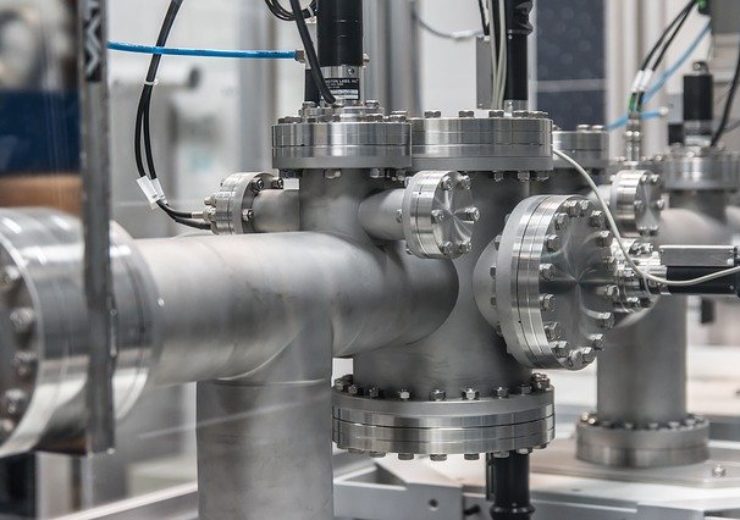Loan will finance replacement of wastewater treatment plant

The US EPA announced $62m WIFIA loan to the City of Morro Bay. (Credit: Michal Jarmoluk from Pixabay)
The US Environmental Protection Agency (EPA) announced a $62m Water Infrastructure Finance and Innovation Act (WIFIA) loan to the City of Morro Bay, California to replace the City’s 63-year old wastewater treatment plant with a new treatment and water recycling facility. These improvements will reduce discharges into the ocean as well as increase water supply and flood resilience. Morro Bay (population 10,600) is the first small community nationwide to receive a WIFIA loan.
“This WIFIA loan will help improve water quality in Morro Bay, while using advanced water reuse technology to help provide an enduring source of water to the small community of Morro Bay,” said EPA Administrator Andrew Wheeler. “Through WIFIA, EPA is playing a key role in President Trump’s efforts to improve and upgrade our nation’s water infrastructure. With this loan closing, EPA has now issued 17 WIFIA loans totaling $3.7 billion in credit assistance to help finance $8.4 billion for water infrastructure projects while creating more than 16,000 jobs.”
“Communities like Morro Bay experience real, on-the-ground benefits when they are able to improve critical infrastructure for clean water and flood protection,” said EPA Pacific Southwest Regional Administrator John Busterud. “EPA is committed to continuing our support through low-interest, flexible financing that improves quality of life and protects the environment.”
“In Congress, I was proud to help advocate for this Morro Bay water federal funding and I am thrilled that our community is receiving this EPA loan to improve our wastewater infrastructure,” said U.S. Representative Carbajal. “The importance of a sustainable water source in Morro Bay cannot be overstated—with these funds, we will be able to modernize our wastewater treatment, better prepare for the impacts of flooding, become more resilient and improve the lives of Central Coast residents.”
The City of Morro Bay will replace its existing treatment plant to help supplement the city’s water supply, reduce reliance on imported water and improve groundwater quality with the addition of highly treated water. In addition, the new facility will be moved inland to increase its resiliency and reduce the risk of flooding.
“Securing this low-interest federal funding is a sound financial decision for the City,” said Mayor John Headding. “Signing the agreements now means that we will lock in near-historic low interest rates and ensure maximum benefit for our rate payers.”
This water reclamation project will cost $126 million. EPA’s WIFIA loan will finance nearly half of that figure—up to $62 million. Additionally, the California State Water Resources Control Board will finance approximately $64 million from its Clean Water State Revolving Fund Loan Fund. The WIFIA loan will save the City of Morro Bay an estimated $29 million compared to typical bond financing. Project construction and operation are expected to create 403 jobs.
Water reuse, using technologies like those planed for Morro Bay, represents a major opportunity to support our nation’s communities and economy by bolstering safe and reliable water supplies for human consumption, agriculture, business, industry, recreation and healthy ecosystems. On February 27, 2020, EPA and its partners announced the National Water Reuse Action Plan to help strengthen the sustainability, security and resilience of our nation’s water resources.
Background on WIFIA
Established by the Water Infrastructure Finance and Innovation Act of 2014, the WIFIA program is a federal loan and guarantee program administered by EPA. WIFIA’s aim is to accelerate investment in the nation’s water infrastructure by providing long-term and low-cost supplemental credit assistance for regionally and nationally significant projects. EPA’s WIFIA program plays an important part in President Trump’s infrastructure plan, which calls for expanding project eligibility. The WIFIA program has an active pipeline of pending applications for projects that will result in billions of dollars in water infrastructure investment and thousands of jobs.
Source: Company Press Release
